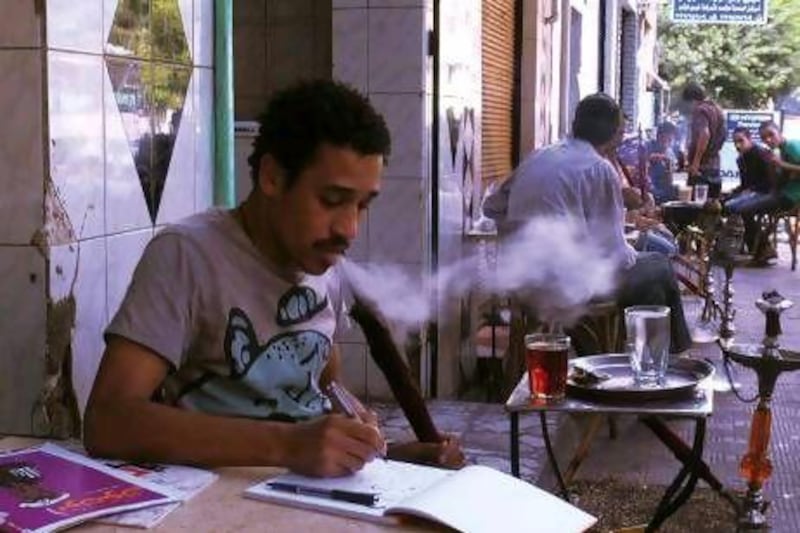TORONTO // Behind-the-scenes support from the UAE's burgeoning film industry is making it possible for Arab directors to premiere their projects at one of the world's biggest film festivals this week.
The Toronto International Film Festival (Tiff), which runs until Sunday, has already screened movies by three Arab filmmakers who received much-needed financing or industry contacts through programmes under the Abu Dhabi Film Festival (ADFF) and Dubai International Film Festival (Diff).
Box office receipts grew to US$10.8 billion (Dh39.66bn) across the Middle East and Europe last year and have been steadily climbing over each of the past four years, according to data from the Motion Picture Association of America. Arab filmmakers say financing deals to shoot projects based in the Middle East is also on the rise, particularly from funding initiatives based in the UAE.
Last Sunday night at Tiff, during the world premiere of Hala Alabdalla's As If We Were Catching a Cobra, her film's opening and closing credits acknowledged ADFF's Sanad programme.
Launched in 2010, Sanad awards filmmakers with up to $500,000 annually to either develop a new feature or assist them with their post-production costs. "I usually make my films without any funding, because I like to be completely free," Ms Alabdalla, a Syrian director, told the Tiff audience at the end of the showing of her movie.
But since Ms Alabdalla's production costs included travel to both Egypt and Syria while documenting artists whose cartoons and caricatures got swept up in controversy during the Arab Spring, she decided to apply to Sanad in 2010 then again last year for funds to cover both development and post-production costs. She was awarded money each time.
"As a matter of fact, the funding bodies, whether in Dubai, Abu Dhabi or the Arab Fund for Arts & Culture [in Beirut], have really supported documentary cinema since the Arab revolutions and they're really giving a lot of resources to the proliferation of production," says Ms Alabdalla.
On Friday evening, a networking initiative from the emirate of Dubai featured in the closing credits at the world premiere of Damien Ounouri's Fidai, which documents his great-uncle's time as a secret revolutionary soldier during the Algerian War of Independence with France.
His film took off in 2010, after he met specialists in movie production, distribution and funding through Dubai Film Connection, the co-production arm under Diff that aims to boost the number of projects shot in the Arab world.
"Dubai was really the first step to fund the film because we met the people of the Doha Film Institute [and] co-producers of the film," says Mr Ounouri, a French-Algerian director, referring to some of the partners who secured or provided part of his movie's €200,000 (Dh938,871) budget.
Another regional film that premiered at Tiff on Sunday - When I Saw You, which follows a Palestinian boy who flees a refugee camp in Jordan in 1967- developed through Dubai Film Connection's programme and also went on to secure financing via ADFF's Sanad programme.
"We are proud that the two films [When I Saw You and Fidai] were chosen by Tiff, one of the most prestigious cinematic events in the world, to showcase the best of Arab cinema and expose the Arab perspective of storytelling to Tiff's audience," says Masoud Amralla Al Ali, the artistic director of Diff.





